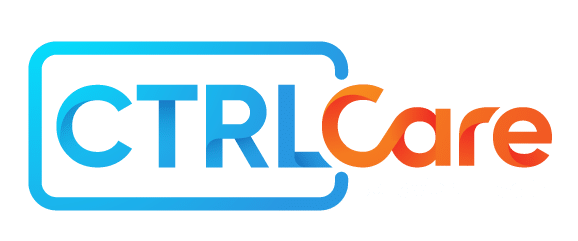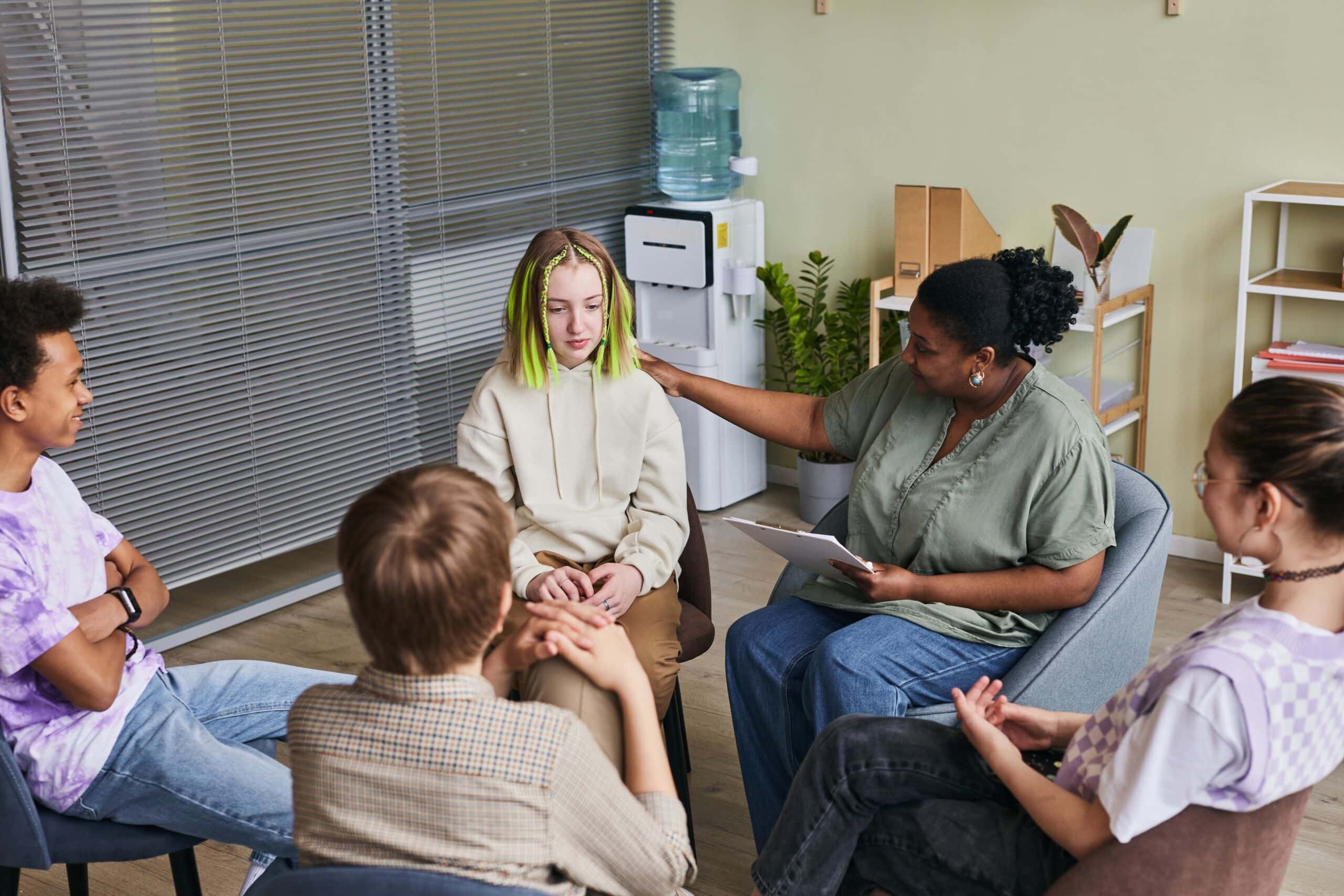The month of October is National ADHD Awareness Month, a time to raise awareness of the disorder and how it affects children and adults. Even though ADHD was recognized in the early 1900s, it wasn’t called ADHD until the late 1980s. The condition is still evolving today as we learn more about this complex disorder.
Because ADHD wasn’t always recognized or properly diagnosed, many adults have the condition and don’t realize it. Untreated ADHD can cause problems throughout life. Adults with ADHD tend to be impulsive and have short attention spans, which make it harder to succeed in work, relationships and other aspects of life.
Let’s learn more about the risks of untreated ADHD in adults and the signs to watch for.
Living with ADHD as an Adult
Although certain symptoms of ADHD fade over time, ADHD can still be a lifelong problem. Unfortunately, there are no quick tests to determine if someone has ADHD. When treating symptoms in an adult, doctors typically look at the person’s medical and developmental history, as well as their behaviors and interactions with others.
According to one study, doctors were able to identify ADHD easier in men than women. This is probably because men have different symptoms, and they tend to be more obvious. Women, on the other hand, often internalize their feelings and develop coping mechanisms that hide their behaviors.
The areas where adults with ADHD struggle most are work and relationships. They often find it difficult to keep a job because they can’t get to work on time, meet deadlines or accept constructive criticism. Adults with ADHD also tend to struggle in their relationships. They have higher rates of divorce and tend to be over-emotional.
The Risks of Untreated ADHD in Adults
ADHD can have a significant impact on adults. Some of the risks or co-occurring problems that can happen are:
- Low self-esteem, depression and anxiety. Women are more likely to suffer from low self-esteem than men, as well as have mental illness. Not performing well in work or having trouble in a marriage can also exacerbate negative feelings.
- Job instability. If a person is struggling to get to work on time, stay organized and get along with their coworkers, they won’t be as stable in their jobs. Unfortunately, people with ADHD find it more difficult to work, and are also less likely to graduate from high school or college.
- Trouble in relationships. The spouses of people with ADHD report lower intimacy and marital satisfaction. Some of the problems that affect these marriages are being too emotional, having too many arguments and feeling neglected.
- Substance abuse. Due to the emotional issues that adults with ADHD deal with, they are at a higher risk for abusing drugs and alcohol. They’re also more likely to smoke, get into trouble with the law and have gambling problems.
Seek Behavioral Therapy in New Jersey for ADHD
Being diagnosed with ADHD as an adult can have a positive impact on your life. You will likely benefit from a combination of medication and behavioral therapy in Princeton NJ. By working on yourself, you can improve your performance at work and maintain happier relationships. If you believe that you have untreated ADHD, contact CTRLCare Behavioral Health. We work with adults with ADHD to help them build healthy, sustainable lives that bring them confidence, joy and fulfillment.












